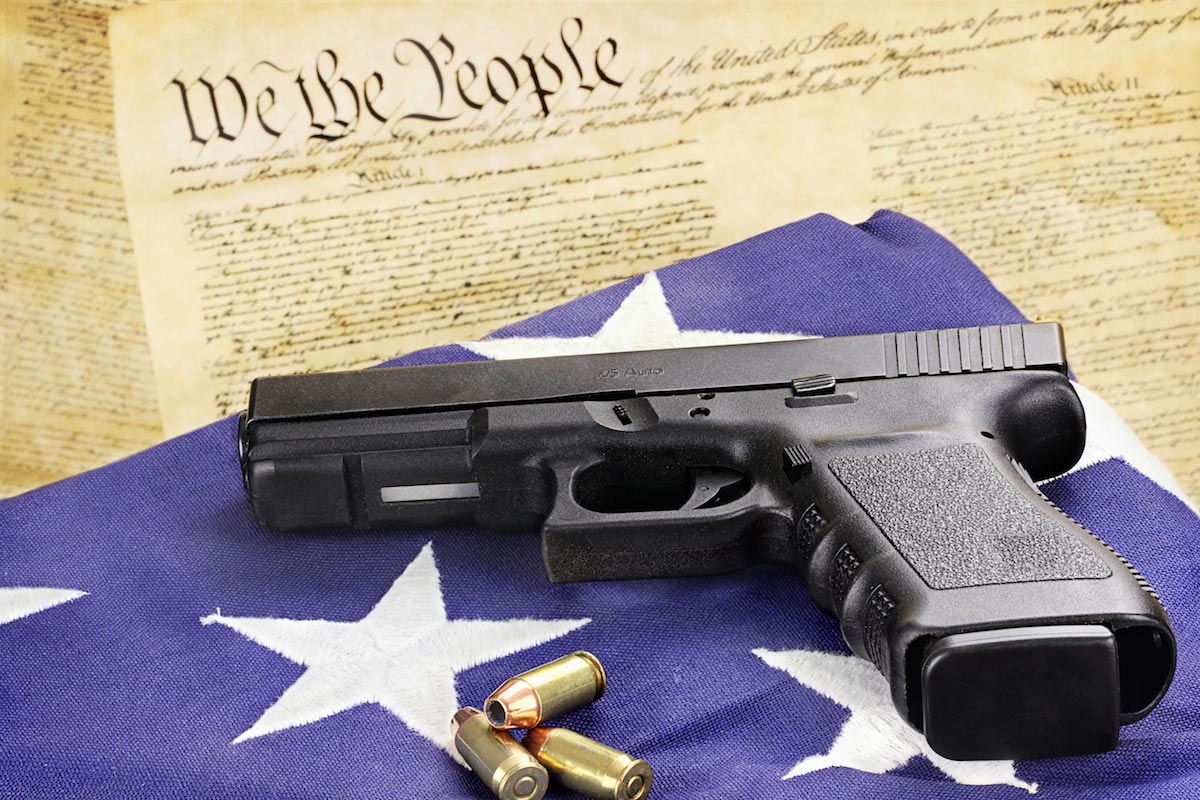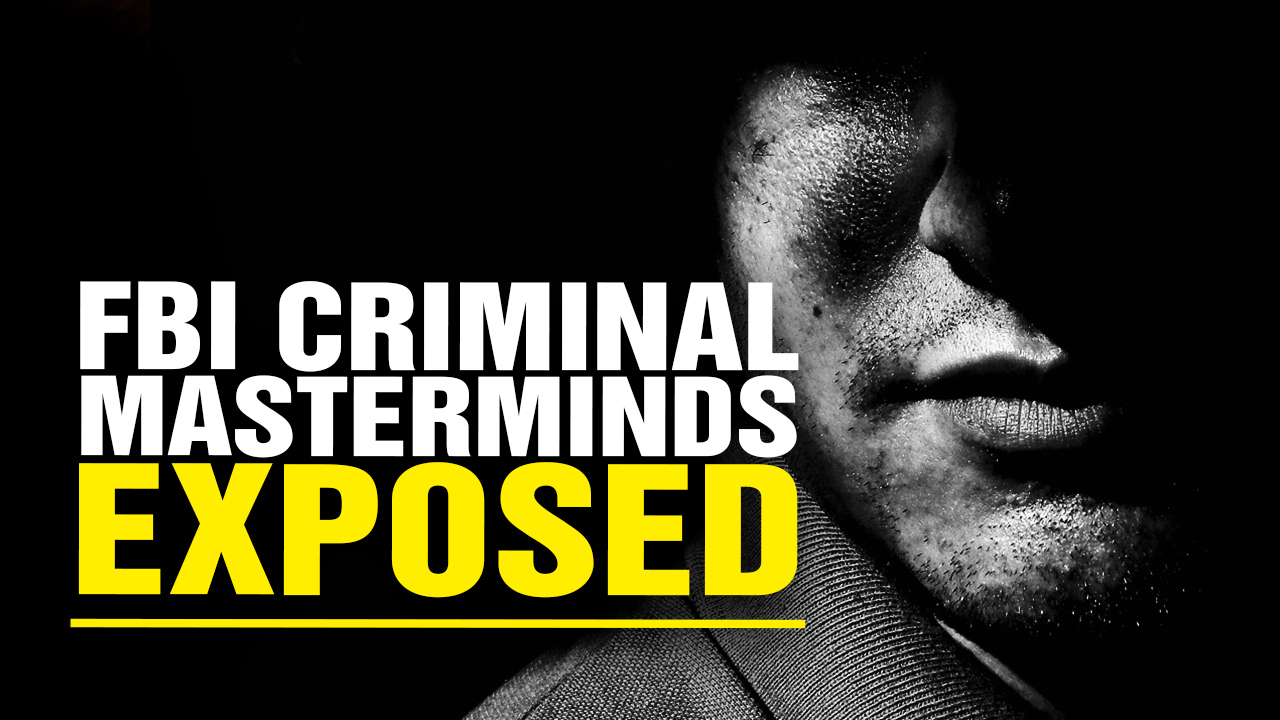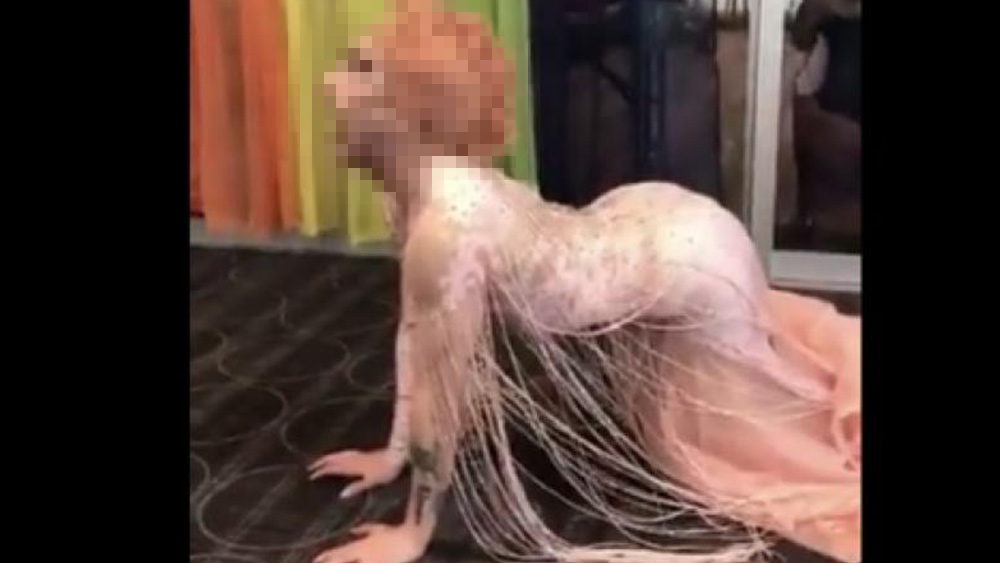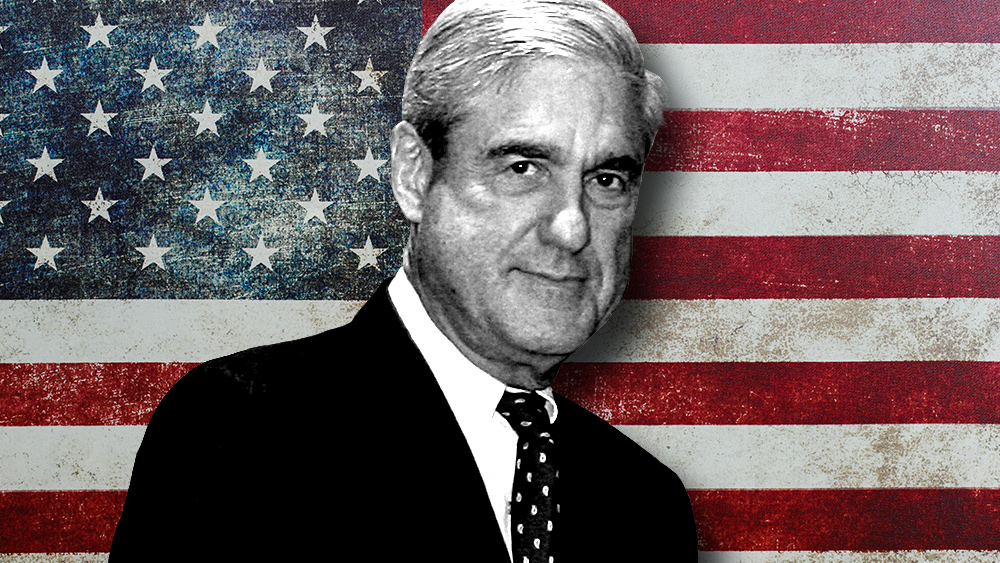Bill allowing government to confiscate guns without due process introduced in Illinois
03/16/2017 / By Thomas Dishaw

The state of Illinois, which already has some of the strictest gun laws in the United States, is trying to take their battle against the second amendment to the next level.
This week the Senate Judiciary Committee is scheduled to hear bill SB 1291, proposed by State Senator Julie Morrison. If the bill passes, it would subsequently allow the government to confiscate firearms from citizens with little to no due process. The bill summary states:
[The bill] provides that the petition shall also describe the type, and location of any firearm or firearms presently believed by the petitioner to be possessed or controlled by the respondent. Provides that the petitioner may be a family member of the respondent or a law enforcement officer, who files a petition alleging that the respondent poses a danger of causing personal injury to himself, herself, or another by having in his or her custody or control, owning, purchasing, possessing, or receiving a firearm. Establishes factors that the court must consider before issuing a lethal violence order of protection. Provides for the issuance of ex parte orders and one year orders.
If this bill were to pass, residents of Illinois are at risk of having their guns taken away simply by a friend, family member, or concerned citizen making an allegation that the owner of the weapon is an immediate threat to themselves or others. No real proof is required; the person making a claim would have to simply file a petition and report the allegation to the government.
Even more alarming is the fact that the bill also includes the phrase “ex parte orders” which would mean that an order to confiscate the guns could be done so without the input of the gun owner, meaning gun owners won’t even be allowed to defend themselves in court at all. This is a clear violation of due process of law. (RELATED: Get more news like this at Liberty.news.)
Illinois is currently the 8th ranked state for strict gun laws, trailing behind California, Connecticut, New Jersey, Maryland, Massachusetts, New York, and Hawaii. Among the many restrictions the state already requires, all individuals without concealed handgun permits must obtain a ten-year license (a Firearm Owner’s Identification, or FOID, card) to be eligible to purchase or possess firearms and ammunition. The licensing process requires a detailed background check on the prospective FOID cardholder. There is also an imposed waiting period of 24 hours for long guns and 72 hours for handguns for purchasers.
This legislation is not the first time that Senator Morrison has tried to chip away at citizens’ second amendment rights. Last year she proposed a trio of bills in the Illinois Senate that would lead to more denials of Firearm Owners Identification Cards as well as mandate the police to remove firearms from those without one. As to why she presented these bills, Morrison stated “Recent events across the country have brought to light loopholes that allow individuals access to firearms who absolutely should not have them. We must ensure these loopholes are closed.”
Unfortunately, liberal ideologists continue to propose this kind of legislation nationwide while ignoring that fact that law abiding gun owners are not the problem, therefore punishing them is not the solution. The city of Chicago led the country in murders last year all while touting some of the strictest gun laws. Many of these new bills mirror laws already in place in Chicago, which leads us to ask if it is not working in one part of your state, what makes you think it will in other parts? Fewer guns are obviously not resulting in less gun violence.
Source:
Tagged Under: Chicago, Illinois, SB 1291, Second Amendment
RECENT NEWS & ARTICLES
COPYRIGHT © 2017 TWISTED.NEWS
All content posted on this site is protected under Free Speech. Twisted.news is not responsible for content written by contributing authors. The information on this site is provided for educational and entertainment purposes only. It is not intended as a substitute for professional advice of any kind. Twisted.news assumes no responsibility for the use or misuse of this material. All trademarks, registered trademarks and service marks mentioned on this site are the property of their respective owners.




















